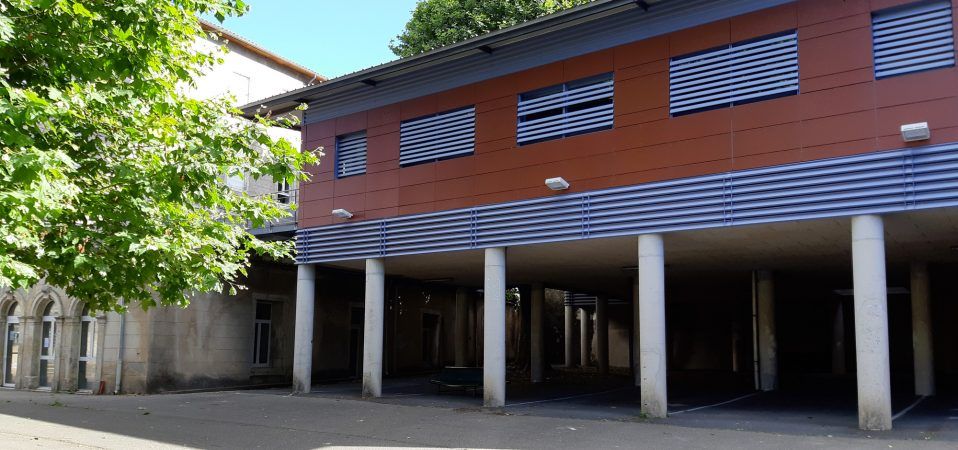Biomass boilers
Biomass heating produces heat from renewable raw materials of natural origin. Biomass heating is beneficial because it does not work from primary energy of fossil origin. The biomass used to produce heat comes from living matter on land, organic or vegetable.
The biomass boilers proposed by Eneria consume different types of fuels. In our biomass boilers we use pellets for power levels below 1 MW and wood chips (wood chips and residues from logging), straw and slurry for power levels above 1 MW.
The advantages of biomass heat
Controlled supply
Biomass boilers produce energy from a naturally-sourced and renewable fuel that is locally available in abundant quantities.
facilitated the integration
Biomass boilers can be connected to your existing heating system to supplement the generator.
Respect the environment
Thanks to their natural components, biomass boilers emit little polluting gas. Their impact in terms of CO2 emissions is particularly low.
Profitability and cost control
You can make savings with a biomass boiler. The resources used to produce biomass energy are cheap in comparison with the resources required to fuel conventional heating systems. Biomass is also unaffected by rises in the price of fuel oil, electricity and gas.
Global support over time
Our technical experts and maintenance support you from the design to the daily monitoring of your biomass boiler installation.
How does a biomass boiler work?
Combustion
Biomass boilers use the combustion of the wood, which releases heat, to supply the heating circuit and/or the hot water tank.
The wood pellets and chips must meet strict specifications and must not contain any lumber or resources from sustainably managed forests.
Heating and water distribution
Biomass boilers provide the same services as boilers that consume fossil fuels. They are also easy to install and use.
Eneria can propose a turnkey contract for your biomass boiler that extends from the audit (energy balance) and the design (integration of the best possible technologies), to the installation and daily support from our services and maintenance department.
Eneria’s experts provide support throughout your biomass boiler project and beyond: sizing of the installation, administrative formalities and application for subsidies, combination with other heat sources, installation, commissioning, operation and servicing of your biomass boiler.
The different types of biomass
Several types of biomass can be used as an energy source, including:
Wood: This is one of the most common types of biomass and includes trees, branches and other woody materials. Wood can be used to produce heat and electricity, as well as to produce biofuels.
Agricultural residues : This type of biomass includes materials such as straw, corn stalks and sugar cane bagasse. These materials are generally left by agricultural production and can be used to produce heat and electricity.
Energy crops: Some types of cultivated biomass, such as switchgrass and miscanthus, can be grown specifically for energy production. These crops can be used to produce heat and electricity, as well as to produce biofuels.
Organic waste: This includes materials such as food waste, manure and wastewater. hese materials biomasses can be used to produce heat and electricity, as well as to produce biogas by anaerobic digestion.
Algae: Microalgae like biomass can grow in large quantities and their oil can be converted into biofuels.
Marine biomass: Includes microorganisms, algae and other aquatic plants. These biomasses can be used to produce heat and electricity, as well as to produce biofuels.
The most common type of biomass used for energy production is wood, followed by agricultural residues. The use of other types of biomasses, such as energy crops, organic waste and algae, is still relatively limited but growing.
Our biomass boiler installations

In July 2021, the Jacques Brel high school in Saint-Pons-de-Thomières, France issued a call for tender, which was awarded to Eneria, to install a wood pellet-fired boiler as part of its decarbonisation strategy.

